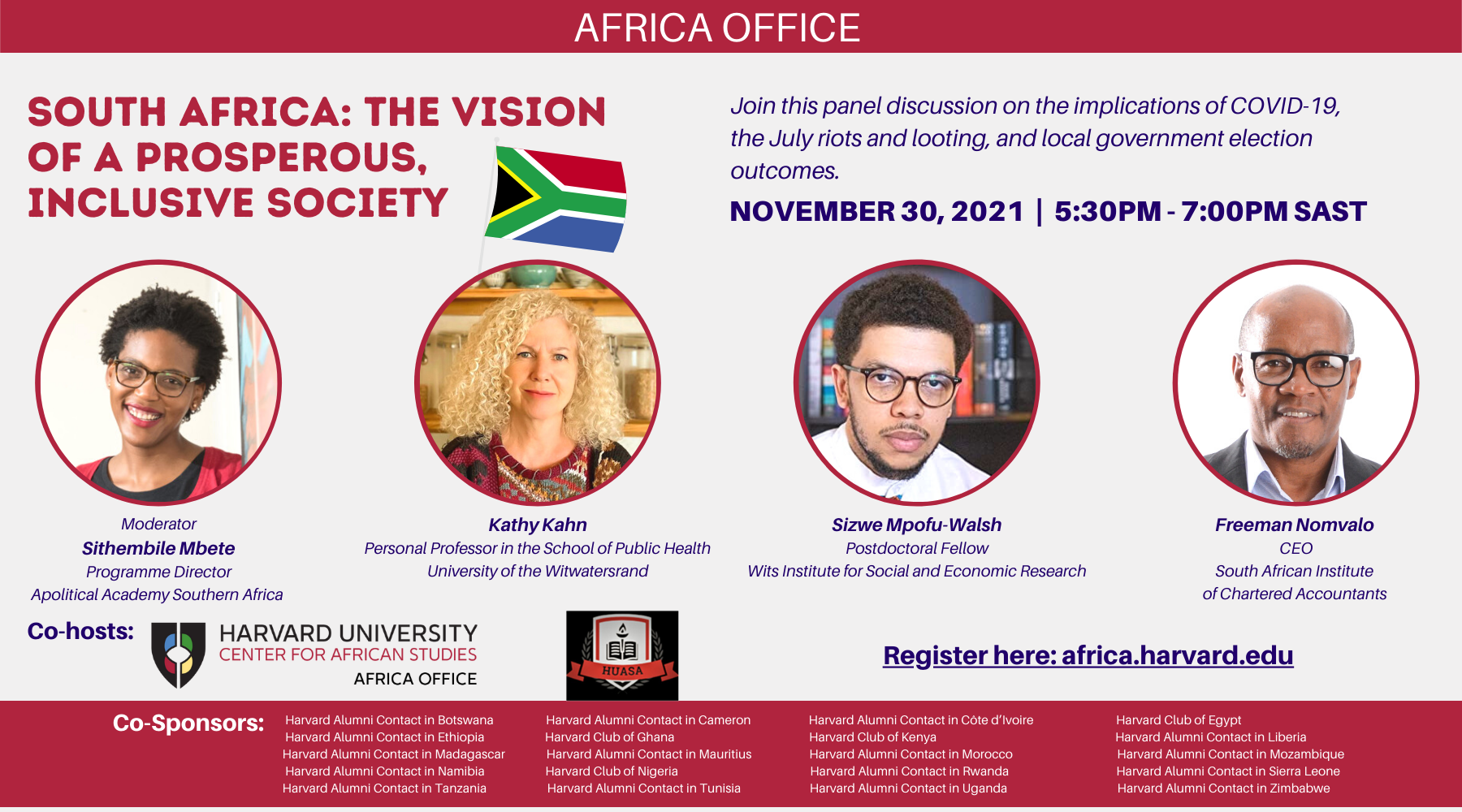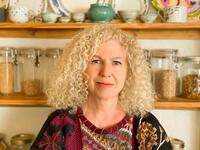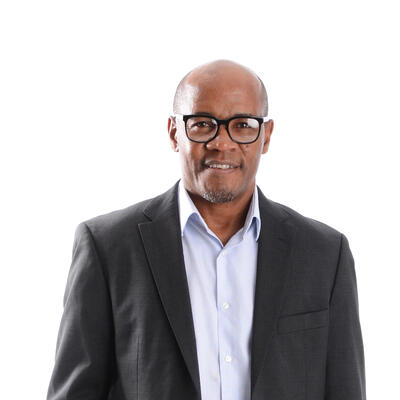Date:
Location:


Join the CAS Africa Office and Harvard University Alumni of South Africa for a panel discussion moderated by Sithembile Mbete, Programme Director, Apolitical Academy Southern Africa, on implications of COVID-19, the July riots and looting, and local government election outcomes. Dr. Sithembile Mbete is the Programme Director of Apolitical Academy Southern Africa, the non-profit and non-partisan political training programme for emerging public leaders in Southern Africa. She is a tenured Senior Lecturer in the Department of Political Sciences at the University of Pretoria (UP) where she teaches international relations and South African politics. She is a visiting researcher at the African Leadership Centre at King’s College London (KCL) and a member of the Joint Academic Committee of the KCL/UP Joint PhD in Leadership and Security Studies.
Panelists include:

Kathy Kahn, Personal Professor in the School of Public Health, University of the Witwatersrand, and Principal Scientist in the MRC/Wits Rural Public Health and Health Transitions Research Unit (Agincourt)
A physician with a PhD in public health and epidemiology, Kathy has spent 30 years working in rural South Africa and the sub-Saharan African region. Since inception of the Agincourt health and socio-demographic surveillance system in 1992, she has led work on mortality and cause of death measurement, using verbal autopsy to track transitions over a period of dramatic socio-political change and the HIV/AIDS epidemic. She leads a research portfolio on adolescent and young adult health and development including HIV prevention, non-communicable disease risk, and mental health. More recently, she contributed to multicentre work on the transmission dynamics of SARS-CoV-2; and is examining the impacts of COVID-19 lockdown restrictions on the health and livelihoods of rural communities.

Sizwe Mpofu-Walsh, Postdoctoral Fellow at the Wits Institute for Social and Economic Research (WiSER)
Dr. Sizwe Mpofu-Walsh is an author, recording artist, and scholar. He was president of the UCT Students' Representative COuncil in 2010. He holds a DPhil in International Relations at Oxford. His debut book, Democracy and Delusion, won the City Press-Tafelberg Nonfiction Award and was longlisted for the Sunday Times Alon Paton Nonfiction Award.

Freeman Nomvalo, CEO, South African Institute of Chartered Accountants (SAICA)
Freeman Nomvalo is the CEO of SAICA, a non-executive director in his companies. He was the CEO of the SITA for close to two years. He also served as the Accountant‑General of South Africa. He worked with 18 Caribbean countries on the behest of the Commonwealth from 2009 to 2011 on improving their Risk Management and Internal Audit functions. His passion for leadership inspired him to initiate a program at National Treasury that benefited the majority of the top management. He was fortunate to be invited as a faculty at Harvard Kennedy School on the Art and Practice of Leadership Development. He served on various boards of directors on behalf of the National Treasury including the Independent Regulatory Board for Auditors. He represents the employer in the Board of Trustees of the Government Employees Pension Fund and the Political Offices Bearers Pension Fund. He represents South Africa in the International Public Sector Accounting Standard Board (IPSASB). He is also responsible for overseeing the regulation of the Auditing Profession, and was instrumental in the drafting of the Auditing Profession Act. He served, in his personal, capacity in the Advisory council of the Pretoria University’s Economics and Management Science Faculty.
November 30, 2021:
10:30AM - 12:00PM ET
5:30PM - 7:00PM SAST
2021 has been a year during which South Africa has experienced an unprecedented series of events with potentially far-reaching implications, bringing into question the vision the nation had for itself of a prosperous and inclusive society at the outset of its democracy. The rise of the global COVID-19 pandemic saw the year begin with stringent lockdown restrictions with wide-ranging economic consequences. In the midst of the country’s third wave of COVID-19 in July, riots and looting erupted over an almost two-week period raising fears that unrest could spread countrywide as government’s response was described as paralyzed by confusion and lack of preparedness. State energy supplier Eskom’s problems worsened, leaving the country reeling from more than a decade of increasingly fluctuating power generation and further disrupting the economy and the ability of businesses to function. In the lead up to municipal elections, blackouts exacerbated the lack of voter confidence in the electoral board and led to questions whether it was prepared to successfully hold the elections. The resulting poor voter turnout seems to suggest that civic engagement, after 27 years of democracy, has taken a major turn. On the other hand, elections saw the number of parties contesting the elections grow to more than 300, and the election results mean that municipal leadership will represent a greater diversity of political opinion than ever before. South Africans are left asking themselves whether they can be optimistic for a brighter future.
ORGANIZERS: Harvard University Center for African Studies Africa Office and Harvard University Alumni of South Africa (HUASA)
REGISTER: https://harvard.zoom.us/webinar/register/WN_8DvRUxJBR6-4yK-_w15Uaw
CO-SPONSORS: Other Africa Harvard Alumni Clubs and Contacts
